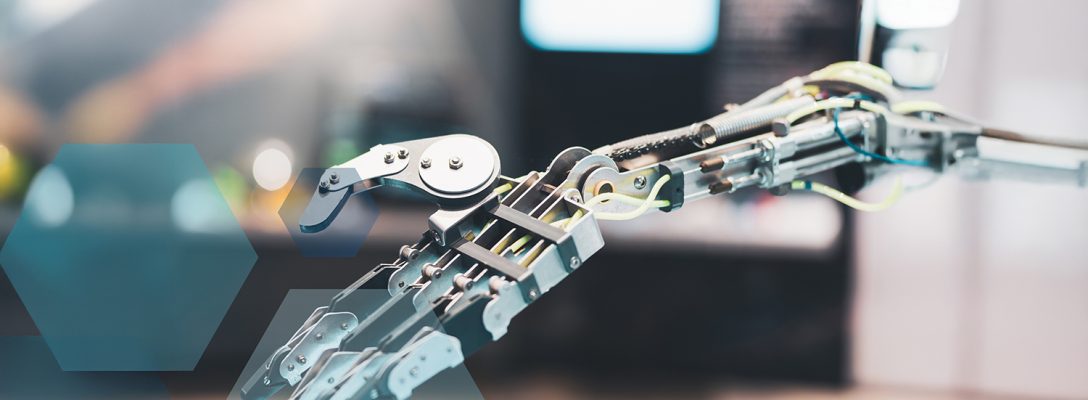What will future engineering technology be in 2050?
Author: IntaPeople | Date published: 28/03/25


As we look to 2050, engineering across sectors like medical devices, R&D, manufacturing and semiconductors is set to undergo a dramatic transformation. With rapid advances in AI, automation and sustainable manufacturing, it’s essential for hiring managers in these fields to stay ahead of trends and know which skills will be in demand. Let’s explore the key technologies that will reshape engineering and how this impacts recruitment.
1. AI and automation in manufacturing
- By 2050, manufacturing will be dominated by AI-driven processes that can autonomously optimise production lines. This will require engineers who are skilled in machine learning algorithms, robotics and data-driven decision-making. Hiring managers will need to focus on attracting talent with expertise in AI integration for complex manufacturing systems.
2. Advancements in medical device engineering
- Medical devices will see groundbreaking advancements, particularly in personalised healthcare and wearable technology. Engineers will need to specialise in biocompatible materials, miniaturisation and integration of real-time data with medical diagnostics. Expertise in regulatory compliance for medical devices will also be crucial.
3. Semiconductors and quantum computing
- The semiconductor industry will evolve to meet the growing demand for faster, more energy-efficient chips. By 2050, quantum computing could be a game-changer, requiring highly specialised engineers with a deep understanding of quantum mechanics and semiconductor materials. The demand for engineers with expertise in photonics, quantum hardware and next-gen semiconductor manufacturing will be enormous.
4. Sustainable manufacturing and green tech
- Sustainability in manufacturing will no longer be an afterthought. The push for green technology solutions will see innovations such as eco-friendly semiconductors and sustainable materials in product design. Engineers with a background in sustainable manufacturing practices and green tech will be essential to reducing environmental impact.
5. Medical robotics and AI in healthcare
- Robotics will revolutionise healthcare by 2050, from surgery to patient monitoring. Engineering talent in robotics, AI and biomechanics will be required to develop and optimise these systems. Additionally, software engineers will play a critical role in ensuring medical AI is both effective and safe for patients.
Looking for top-tier engineering talent for your organisation? At IntaPeople, we specialise in connecting companies with highly skilled professionals in sectors like medical devices, R&D, semiconductors and manufacturing.
Find out more about our recruitment services here.
